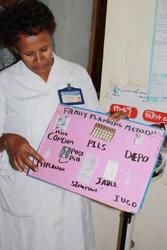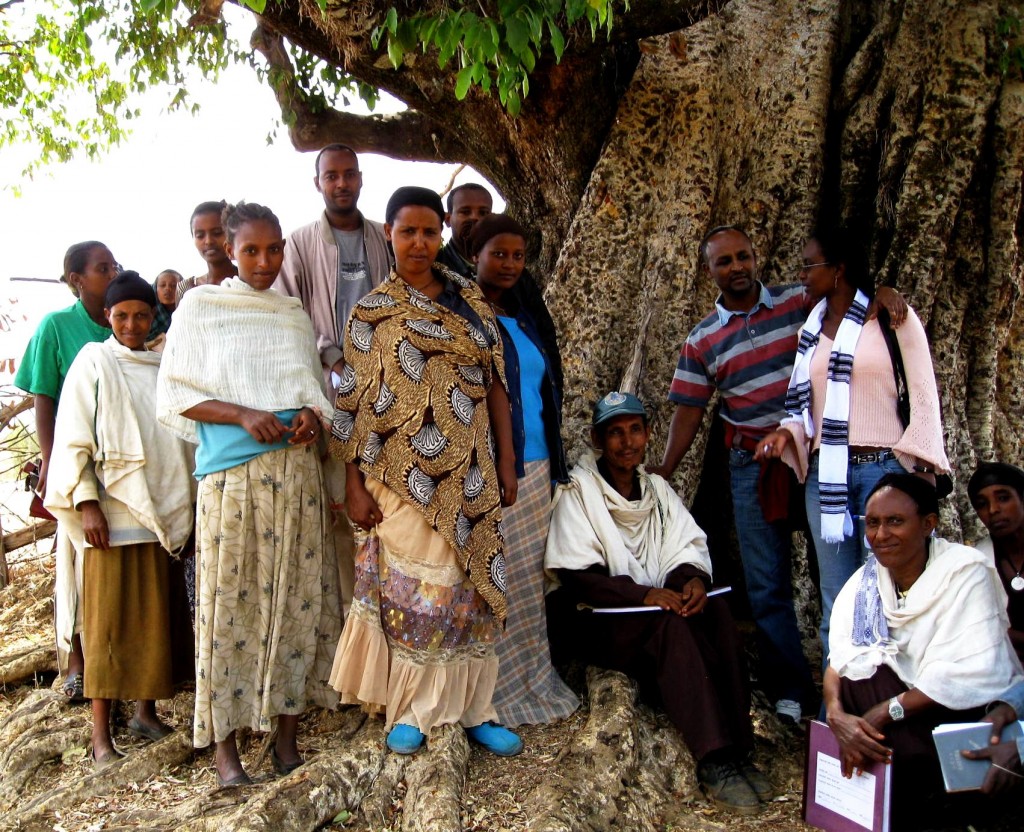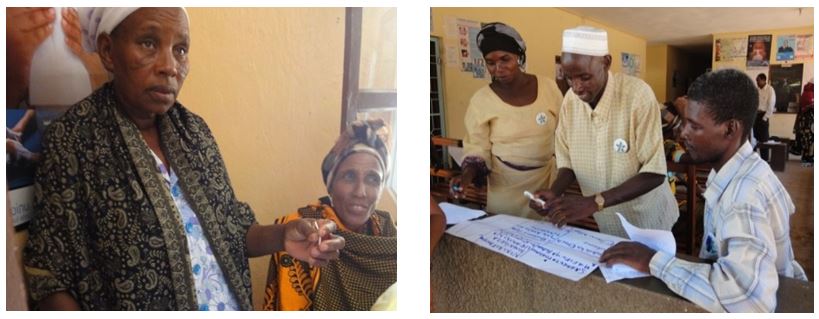Guest post by Banchiamlack Dessalegn, Ph.D., Senior Technical Advisor for Monitoring, Evaluation and Research, Family Health International 360 (FHI 360), Addis Ababa Ethiopia
Knowledge and awareness of available family planning (FP) methods, as well as of their benefits and side effects, is a prerequisite for informed decision making (Bongaarts et al., 2012). Behavior change communication (BCC) is a tool for increasing knowledge and awareness. In this way, BCC can be seen as critical to facilitating successful voluntary, choice-based FP.
The Government of Ethiopia aims to increase the modern contraceptive prevalence rate (mCPR) to 55% by 2020, as stated in Ethiopia’s new Health Sector Transformation Plan. To achieve this, the Federal Ministry of Health (FMOH) is putting emphasis on improving the FP method mix, including by increasing demand for and access to long-acting and permanent methods of FP (LA/PMs) without compromising informed and free choice. While target-setting at the national and subnational levels might lead to the erosion of choice-based FP services, the FMOH has given clear direction that services must be based on proper counseling and free choice. As a result of the concerted efforts and results-oriented policies of the FMOH, impressive achievements have been made in recent years, with the mCPR increasing from 28.6% in 2011 to 41.8% in 2014 and the total fertility rate dropping from 4.8 to 4.1 lifetime births per woman during the same period (CSA [Ethiopia] & ICF International, 2012; CSA [Ethiopia], 2014).





